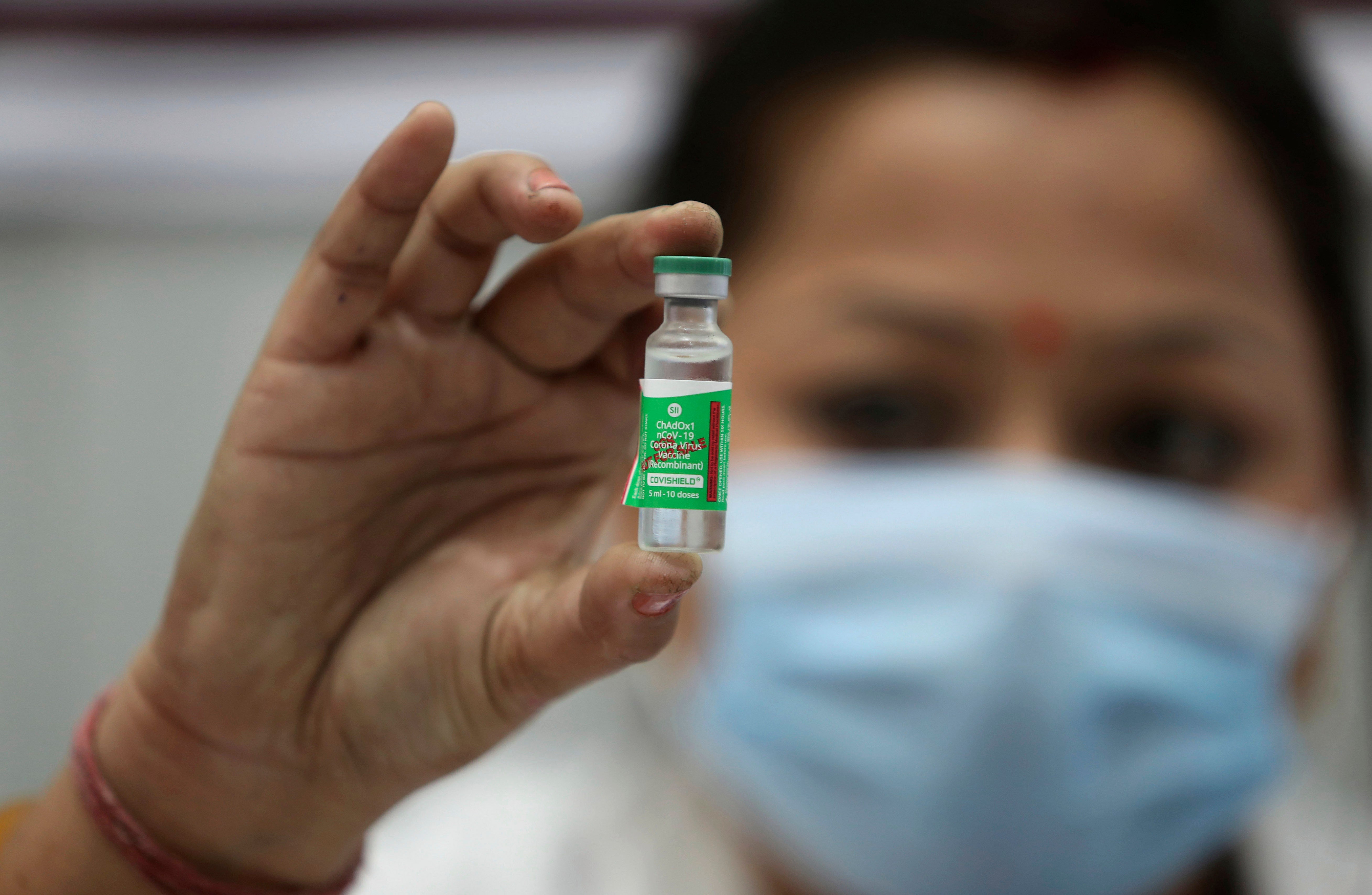India starts supplying COVID-19 shots to neighboring nations
India has begun supplying coronavirus vaccines to its neighboring countries, as the world’s largest vaccine making nation strikes a balance between maintaining enough doses to inoculate its own people and helping developing countries without the capacity to produce their own shots

India began supplying coronavirus vaccines to its neighboring countries on Wednesday, as the world’s largest vaccine making nation strikes a balance between maintaining enough doses to inoculate its own people and helping developing countries without the capacity to produce their own shots.
India's Foreign Ministry said the country would send 150,000 shots of the AstraZeneca/Oxford University vaccine, manufactured locally by Serum Institute of India, to Bhutan and 100,000 shots to the Maldives on Wednesday.
Vaccines will also be sent to Bangladesh, Nepal, Myanmar and the Seychelles in coming weeks, the ministry said, without specifying an exact timeline. It added in its a statement late Tuesday that regulatory clearances were still awaited from Sri Lanka, Afghanistan and Mauritius.
Foreign Ministry spokesman Anurag Srivastava said India would ensure that domestic vaccine makers have adequate stocks to meet India's domestic needs as it supplies partner countries in the coming months.
“India will continue to supply countries all over the world with vaccines. This will be calibrated against domestic requirements and international demand and obligations,” he said.
Indian regulators gave the nod for emergency use to two vaccines earlier this month: the AstraZeneca vaccine and another one by Indian vaccine maker Bharat Biotech. India kicked off its own massive vaccination drive on Jan. 17, with a goal of inoculating 300 million of its nearly 1.4 billion people.
These vaccines being sent to neighboring countries are being sent as grants and India’s Foreign Ministry said the vaccines were not part of COVAX, the U.N.-backed global effort aimed at helping lower income countries obtain the shots.
With nations making their own plans and not waiting for COVAX, some experts fear that India’s gesture of goodwill may inadvertently undermine the struggling initiative, which has yet to deliver any of the promised 2 billion vaccines to poor countries. Although COVAX has announced new deals to secure vaccines in recent weeks, it has only signed legally binding deals for a fraction of the needed shots.
WHO said earlier this week it hopes vaccines bought by another global initiative started by the Gates Foundation, GAVI, might start being delivered to poor countries later this month or next. The U.N. health agency’s Africa chief, however, estimated that the first COVID-19 vaccines from that initiative might only arrive in March and that a larger roll-out would only begin in June.
Of the more than 12 billion coronavirus vaccine doses being produced this year, rich countries have already bought about 9 billion, and many have options to buy even more. This means that Serum Institute, which has been contracted by AstraZeneca to make a billion doses, is likely to make most of the shots that’ll be used by developing nations.
___
Associated Press journalists Ashok Sharma in New Delhi and Maria Cheng in London contributed to this report.
___
The Associated Press Health and Science Department receives support from the Howard Hughes Medical Institute’s Department of Science Education. The AP is solely responsible for all content.
Bookmark popover
Removed from bookmarks